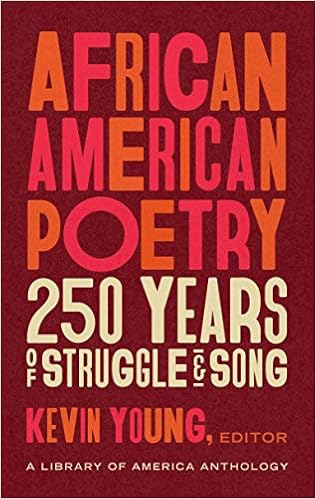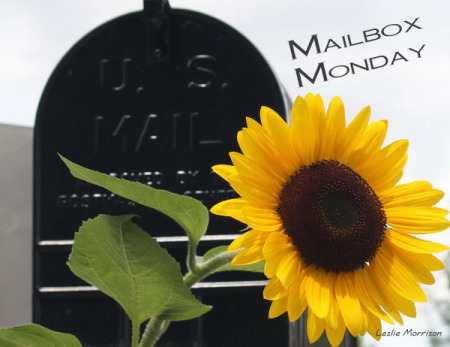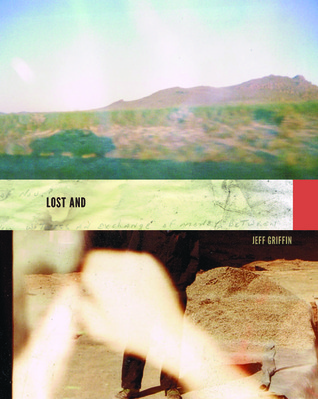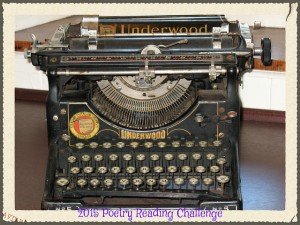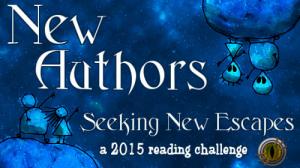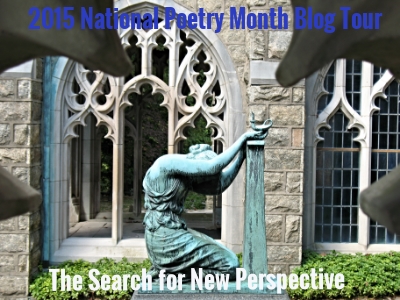Source: NetGalley
Paperback, 96 pgs.
I am an Amazon Affiliate
Bless the Daughter Raised by a Voice in Her Head by Warsan Shire is a collection that pushes readers to their limits with her beautiful, tragic poems. Their dark beauty with their sometimes violent images reach inside us, pull out our hearts, and ring them until there is little left but open love and empathy.
In the opening poem, “Extreme Girlhood,” the birth of a girl is a sign that suffering is to come, whether it is from parental expectation, abuse from within the home, and other malodorous events. But “Mama, I made it/out of your home/alive, raised by/the voices/in my head.//” the narrator reminds readers that there is another side to that dark tunnel. In this poem, Shire has set up the reader for a wild, emotional ride, but if we can just hold onto that hope, we’ll be OK.
Part poetry collection about abuses and darkness, part collection about accepting the people we are, Shire is unafraid to call out our platitudes and attitudes:
From "Assimilation" ... The refugee's heart has six chambers. In the first is your mother's unpacked suitcase. In the second, your father cries into his hands. The third room is an immigration office, your severed legs in the fourth, in the fifth a uterus -- yours? The sixth opens with the right papers. I can't get the refugee out of my body,
There is always that push and pull between the homeland of the past (a home nostalgia tells us is placid) and the new home refugees are seeking (a home that is not as welcoming as expected, if at all). Shire tells us in “Home” to remember that “No one leaves home unless home is the mouth of a shark. You only run for the border when you see the whole city running as well.” and “No one would leave home unless home chased you.” When times are troubling, refugees sometimes would love to return home, but “home is the mouth of a shark. Home is the barrel of a gun.”
Unbearable Weight of Staying I don't know when love became elusive. My mother's laughter in a dark room. What I know is that no one I knew had it. My father's arms around my mother's neck. A door halfway open. Fruit too ripe to eat.
Shire infuses her poems with her Somali culture, paying homage to rituals and loved ones, while at the same time exploring the struggles of her homeland with famine, the murder of women, kidnappings, and more.
Filial Cannibalism From time to time mothers in the wild devour their young, an appetite born of pure, bright need. Occasionally, mothers from ordinary homes, much like our own, feed on the viscid shame their daughters are forced to secrete from glands formed in the favor of men.
Bless the Daughter Raised by a Voice in Her Head by Warsan Shire is a stunning collection in which “the trapdoor to heaven/opens its mouth” and “girlhood an incubation for madness.” There are so many themes in these poems from racism to gender bias, but is Shire’s search for grace that holds these poems together.
RATING: Cinquain
About the Poet:
Warsan Shire is a 24 year old Kenyan-born Somali poet, writer and educator based in London. Born in 1988, Warsan has read her work extensively all over Britain and internationally – including recent readings in South Africa, Italy, Germany, Canada, North America and Kenya- and her début book, ‘TEACHING MY MOTHER HOW TO GIVE BIRTH’ (flipped eye), was published in 2011. Her poems have been published in Wasafiri, Magma and Poetry Review and in the anthology ‘The Salt Book of Younger Poets’ (Salt, 2011). She is the current poetry editor at SPOOK magazine. In 2012 she represented Somalia at the Poetry Parnassus, the festival of the world poets at the Southbank, London. She is a Complete Works II poet. Her poetry has been translated into Italian, Spanish and Portuguese. Warsan is also the unanimous winner of the 2013 Inaugural Brunel University African Poetry Prize.




